


This year, the Linked Building Data Community hosts the first LDAC Summer School dedicated to the application of semantic web, linked data and web of data technologies in architecture, engineering and construction (AEC). Considering the growing interest in these technologies from the AEC industry, this Summer School will provide a starting point for participants that are new to the topic entirely and the opportunity to enhance the understanding and overview of implementations and approaches in the built environment for participants that wish to deepen their knowledge in this field.
The Summer School brings together experts and researchers on this topic and welcomes a broad domain of participants from diverse backgrounds such as computer science, architecture, and engineering. With a mixture of lectures, personal interactions with experts in the field, hands-on exercises and coding challenges, it gives participants the opportunity to explore the possibilities of the semantic web, linked data and web of data technologies for their own research and practice needs in their individual pace and depth.
The aim of the LDAC Summer School is to introduce participants to the principles of the Semantic Web and potential as well as implemented applications of it in the architecture, engineering and construction domain. It provides an overview of the technology behind it and current trends in ongoing research in this area, focusing on:
The LDAC Summer School is tailored for:
The LDAC Summer School will precede this year’s Linked Data in Architecture and Construction Workshop. It will take place at the Beta-i Hub in Lisbon, Portugal, on the 17th and 18th of June 2019. Both days will involve lectures and guided hands-on sessions from 9:00 to 18:00 WEST, followed by the possibility to work on the coding challenge in late-evenings and night hackathons at the same venue with lecturers and tutors available for help.
All participants of the coding challenge will get the opportunity to present their results on Wednesday, 19th of June, the first day of the LDAC2019 Workshop and are encouraged to also take part in the LDAC2019 Workshop.
All documentation related to the summer school is made available via a dedicated GitHub repository at (overview available at Index page): https://github.com/linkedbuildingdata/SummerSchoolOfLDAC/.

Monday 17 June 2019 |
|
| 09:00 - 09:30: | Opening (presentation) José Beirao, Rui de Klerk, Pieter Pauwels, Anna Wagner, Georg Schneider |
| 09:30 - 11:30: | Linked Data and the Semantic Web: The Basics (exercises - presentation) Pieter Pauwels |
| 11:30 - 12:00: | Coffee break / open space |
| 12:00 - 13:00: | Ontology Development (presentation) María Poveda Villalón |
| 13:00 - 14:00: | Lunch with informal Q&A |
| 14:00 - 15:30: | Introduction to querying Linked Data (exercises - presentation) Mads Holten Rasmussen |
| 15:30 - 16:00: | Coffee break / open space |
| 16:00 - 17:30: | Linked Building Data: Examples & Tools (exercises - presentation) Mads Holten Rasmussen |
| 17:30 - 18:00: | Coffee break / open space |
| 18:00 - 18:30: | Kickoff coding challenge (presentation)
Anna Wagner, Georg Schneider |
| from 18:30: | Hackathon |
Tuesday 18 June 2019 |
|
| 09:00 - 09:30: | Recap of the previous day Anna Wagner |
| 09:30 - 10:30: | Triple Stores: Introduction (presentation) Mathias Bonduel |
| 10:30 - 11:00: | Coffee break / open space |
| 11:00 - 12:00: |
Coding with Linked Data
|
| 12:00 - 13:00: |
Coding with Linked Data
|
| 13:00 - 14:00: | Lunch |
| 14:00 - 15:00: |
Coding with Linked Data
|
| from 15:00: | Hackathon |
This lecture gives an overview of the basic principles of Linked Data and Semantic Web Technologies. This will be explained using practical examples and hands-on exercises and demos.
By the end of this lecture, participants should know what a graph is, what RDF is, what OWL ontologies are, and how these can be used in practice.
Introduction of the SPARQL-visualizer tool for querying and simple hands-on session for participants with multiple lecturers acting as tutors for support.
Option to split participants into groups to either deepen their knowledge about RDF and SPARQL or apply their knowledge by working on example data.
Theoretical representation on ontology development methodology and tools guided by a practical example. More precisely, a light review of methodology trends will be provided as well as pointers to key references as ontology editors, ontology documentation techniques, ontology publication, etc.
During this session, participants will be able to identify and get familiar with tools used to extend ontologies or create new ones during the coding challenge.
This lecture covers the state of the art of Linked Building Data with focus on data schemes. Participants are introduced to ontologies that are designed for the AEC domain and how they are interrelated.
With the help of the presented ontologies, building data can be described in a Semantic Web context and linked to other information such as sensor data.
After this lecture, participants should be able to identify and use suitable ontologies for different use cases.
Presentation about triple stores, SPARQL endpoints and their specifications. Besides a brief overview on technical specifications, common proprietary, freeware and open source triple stores are presented.
After the lecture, participants should be able to host RDF data on triple stores, that they set up themselves, and connect them to other triple stores and applications.
Within the Summer School, multiple lectures on coding with Linked Data in different programming environments are given. The lectures cover individual programming languages and toolsets, namely Java and the Jena library, Python and RDFLib, and the flow-based tool Node-Red for visual programming.
In each lecture, one of these toolsets is introduced and shown how Linked (Building) Data can be accessed and queried using the presented toolset. The corresponding programming language will not be part of the lecture.
The lectures serve as inspiration and potential way to go and will therefore not include hands-on experiences. Instead, the experts that are holding the lectures will be available during the breakout and hackaton sessions to help participants during the development of their own projects for the coding challenge.
Presentation about triple stores, SPARQL endpoints and their specifications. Besides a brief overview on technical specifications, common proprietary, freeware and open source triple stores are presented.
After the lecture, participants should be able to host RDF data on triple stores, that they set up themselves, and connect them to other triple stores and applications.
This lecture gives an introduction to technologies for adding Geospatial components to BIM. It will be mainly conducted through practical examples and hands-on exercises and demos.
By the end of this lecture, participants should know what GeoSPARQL is, how to convert an ifcOWL model into ifcOWL with added GeoSPARQL or BOT with GeoSPARQL, and finally how to do SPARQL queries using GeoSPARQL functions.
Brief introduction of geometry descriptions on the Web, including a comparison of current approaches, presentation of existing geometry ontologies, and discussion of challenges in describing geometries in a Semantic Web context.
After this lecture, participants should be able to analyze suitable approaches for describing geometry considering their individual use cases and link geometry descriptions to non-geometric data.
An integral part of the summer school is the application and strengthening of newly learned knowledge from lectures in practical research work: The coding challenge.
The goal of the challenge is for participants, grouped in interdisciplinary teams, to address and define real world problems. The teams build lightweight applications enabling enrichment, querying and browsing of Linked Building Data sets, cross-domain data exploration and reasoning, generate own small test data sets and formalize existing data sets using adapters.
As a field of study, open data sets are provided as a playground for participants and can be augmented by own data sets. A suite of open-source tools are introduced to perform related tasks and form in combination with the support of the tutors the initial spark create something new.
The following coding challenges are set up for all participants (groups of 4/5):
Each member of the winning group will be awarded a Kindle Paperwhite preloaded with LD/LBD material, generously sponsored by:
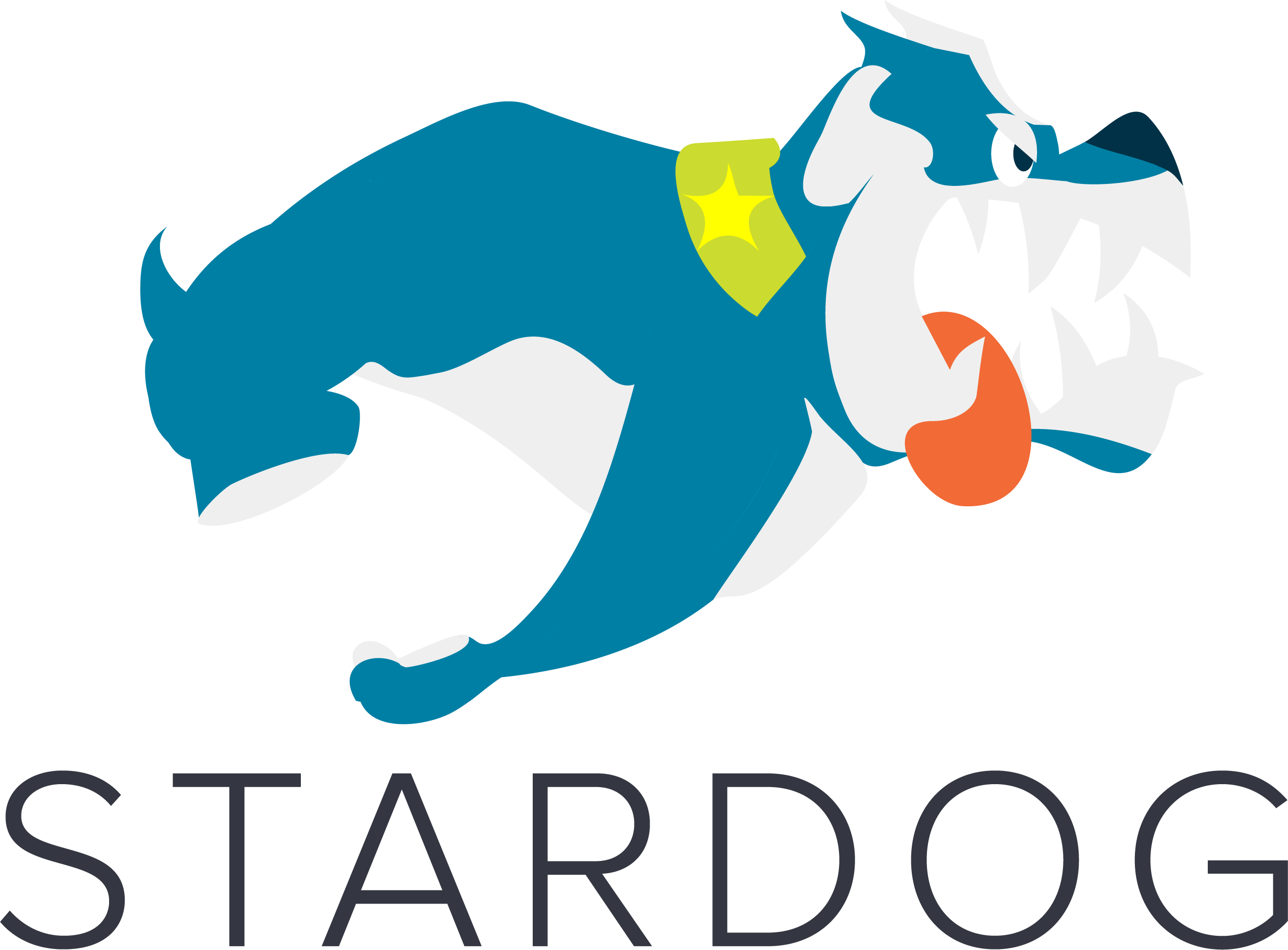

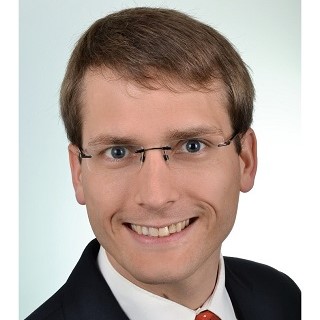

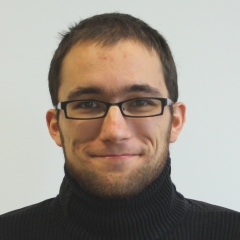
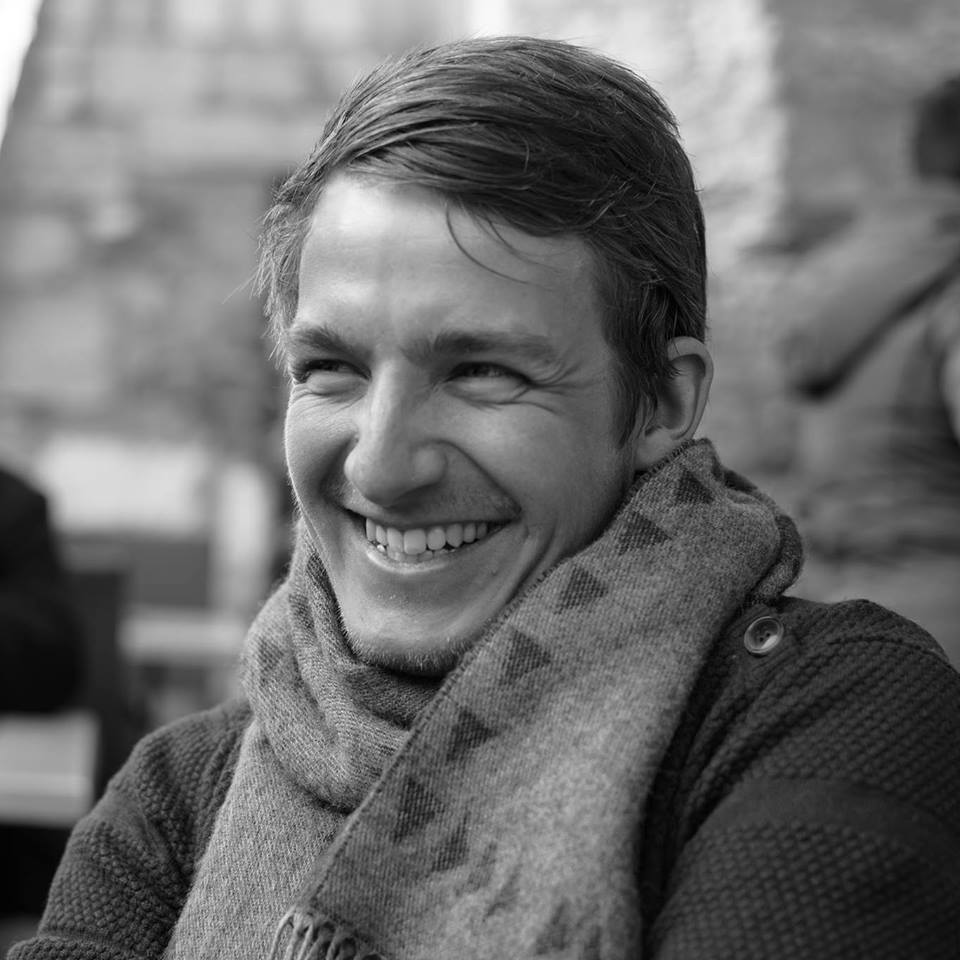


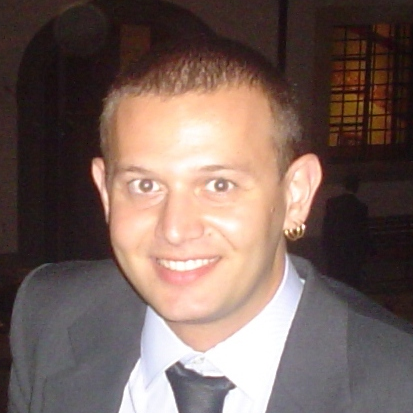

To enable the Summer School to meet the participants’ individual expectations and ensure a satisfactory staff-student ratio, the Summer School will open for a limited audience of 40 participants (first come, first serve). Registrations closed on 12th May 2019 with all seats taken.

The event will be held at the Beta-i Hub, at Av. Duque de Loulé – 12, 1050-007 Lisbon, Portugal. You can find its location via https://beta-i.com/hub/#contacts. The nearest subway station is Picoas (yellow line), between Marquês de Pombal and Saldanha. Please check the Metro website for further information: https://www.metrolisboa.pt/en/travel/diagrams-and-maps/.
For more information about Lisbon, please click here.
Wether you're flying to Lisbon or arriving by train or motor coach, the best option will be to take the subway from your place of arrival to the venue. The fare for a single trip is €1.45, after purchasing Lisbon's rechargeable public transport card for an aditional €0.50. The longest journey is from the Airport subway station to Picoas (the nearest to the event), which should take around 25 minutes and requires changing lines at Saldanha station.
If you're arriving by train at Oriente interface, you can take the subway there to Picoas. The route is the same as the previous, but with a shorter trip. Should you arrive at Santa Apolónia train station, the subway trip to Picoas will take slightly over 10 minutes, requiring you to change lines at Marquês de Pombal station.
Motor coaches arrive either at the Oriente interface (see above) or at Sete Rios. If you're arriving by motor coach at Sete Rios, you can take the subway there at Jardim Zoológico station, near the motor coach interface. The trip should take around 10 minutes, requiring you to change lines at Marquês de Pombal station.
Please check the Metro website for further information: https://www.metrolisboa.pt/en/.

There are plenty of places to stay in Lisbon city center and many of them at walking distance from the venue. A well ranked nearby location would be the Hotel Ibis Styles Lisboa Centro Liberdade NE: https://www.accorhotels.com/en/hotel-A146-ibis-styles-lisboa-centro-liberdade-ne/index.shtml#.
Other recommended hotels in the area are:
Below you will find the short biographies of the LDAC Summer School lecturers.
Jakob Beetz is chairing the Computational Design group at the Department of Architecture of the RWTH Aachen University, Germany as a full professor. He received a PhD from the Eindhoven University of Technology, The Netherlands for his work on the facilitation of Semantic Web technologies in the AEC/FM domain. He co-founded the Open Source model server https://bimserver.org, is the co-author of more than 90 peer-reviewed publications and the co-editor of the book “Building Information Modeling- Technology Foundations and Industry Practice” . His research interests are focused on interoperability to support collaborative work in the built environment.
Georg Ferdinand Schneider received the B.Sc. (2011), M.Sc. (2013) and M.Sc. (2014) degrees in mechanical engineering, energy engineering and economics all from RWTH Aachen University, Germany. He is currently research associate at the Fraunhofer Institute for Building Physics IBP and the Technische Hochschule Nürnberg, both in Nürnberg, Germany. He is pursuing the PhD degree at the Faculty of Mechanical Engineering at Karlsruhe Institute of Technology, Karlsruhe, Germany.
His research interests include formal modelling of automation systems and control logic as well as modelling and simulation of technical systems. Mr. Schneider is a member of the W3C Linked Building Data Community Group, the German Association of Engineers (VDI) and the Institute of Electrical and Electronics Engineers (IEEE). He supported the program committee of the FOMI@Manufacturing conferences.
Pieter Pauwels works as an assistant professor at Ghent University, the Department of Architecture and Urban Planning. In his research, he investigates how and to what extent information system support may be provided for architectural design thinking. This research explores the usage of information management techniques, in particular BIM tools, semantic web technologies and linked data. His work and interests are in information system support for the building life-cycle (architectural design, construction, building operation).
Besides lecturing, he is involved in a number of industry-oriented research projects on topics affiliated to design thinking, Building Information Modelling (BIM), Linked Building Data, Linked Data in Architecture and Construction, and Semantic Web technologies. Furthermore, he actively chairs working groups in international standardization activities, both in BuildingSMART International (bSI) and in the World Wide Web Consortium (W3C).
Mads Holten Rasmussen graduated as M.Sc. in Architectural Engineering from the Technical University of Denmark in 2013. Since his graduation Mads has been employed by the Danish consultancy firm Niras (former Alectia) as an HVAC engineer. From 2013-2016 he was involved in the design and planning of building services in a large-scale office building in central Copenhagen, Axel Towers, from which he gained knowledge about the associated processes and generally insight as to how interdisciplinary information flows in construction projects.
Today’s design practice involves a vast amount of manual information transfers from one stakeholder to another and as the design evolves, inconsistencies in the project material will eventually occur as a consequence. These inconsistencies inevitably induce errors and anyone involved in the construction industry will most likely recognize this fact.
The realization of the inefficiencies in today’s information management and the shortcomings of Building Information Modeling (BIM) which was introduced to remedy these inefficiencies motivated the application for an industrial PhD on this subject. Mads started his PhD at the beginning of 2016, and has since been involved in an international research community which seeks to influence the evolution of next-generations’ BIM. The community relies heavily on the use and recognition of semantically interlinked models enabled by the web technologies of tomorrow.
Dr. María Poveda-Villalón is a postdoctoral researcher at Ontology Engineering Group of the Universidad Politécnica de Madrid. Her research activities focus on Ontological Engineering, Ontology Evaluation, Knowledge Representation and the Semantic Web. Previously she finished her studies in Computer Science (2009) by Universidad Politécnica de Madrid, and then she moved to study the Artificial Intelligence Research Master finished in 2010 in the same university.
María has worked in the context of Spanish research projects as well as in European projects such as ETSI STF for SAREF extensions, VICINITY (H2020-688467), READY4SmartCities (FP7-608711), and NeOn (FP6-027595). She has contributed to the organization of the "Linked Data in Architecture and Construction Workshop" since 2015 edition, the "13th OWL: Experiences and Directions Workshop and 5th OWL reasoner evaluation workshop" in 2016, the "Linked Energy Data Vocamp" in 2015 and the "Catching up with ontological engineering: To git-commit and beyond" tutorial at EKAW2018. Finally, she is part of the W3C Web of Things Working Group.
Walter Terkaj is Researcher at STIIMA institute of the National Research Council of Italy. He graduated in Industrial Engineering in 2005 and obtained a Ph.D. Degree in Manufacturing and Production Systems in 2009, both at Politecnico di Milano. His main research interests are related to the study and modeling of production systems aimed at supporting the design, performance evaluation, management and control in the scope of digital factory applications. He is also involved in teaching activities at Politecnico di Milano, being formerly Adjunct Professor of the course Manufacturing Systems Engineering.
He participated to several European (e.g. VFF, Apps4aME, ProRegio) and national (e.g. FIDEAS, Pro2Evo) research projects, and is currently scientific responsible for CNR-STIIMA within the European Erasmus+ project VLFT (Virtual Learning Factory Toolkit). He published more than 50 articles in international journals, books and conference proceedings. Finally, he is involved in standardization initiatives, such as the W3C Linked Building Data Community Group, the Industrial Ontology Foundry (IOF), the Linked Data Working Group of buildingSMART International, and IEC TC 65.
Anna Wagner is a PhD student in Civil and Environmental Engineering Sciences and research assistant from the Technische Universität Darmstadt. She graduated as M.Sc. in this field in 2015 and continued working for the Institute for Numerical Methods and Informatics in Civil Engineering in pursuit of her PhD. Her research is focused on the digital description of complex and innovative building products with multi-functionality. With this topic, she has worked on the German SolConPro (03ET1290C) research project and is currently part of the German SCOPE (03ET1560B) research project team.
The aim to freely model digital twins of products pushed her towards Semantic Web technologies, which have since become core elements to her thesis and research projects alike. To allow flexible and parametric descriptions of products, she has been working with general and domain-specific product ontologies, geometry representations on the web, as well as the parametric interconnection between geometric and non-geometric product descriptions.
Dr. Kris McGlinn is a research fellow in the Adapt Centre Trinity College Dublin conducting research on the intelligent management of smart and sustainable buildings, with a focus on issues of data interoperability when dealing with both the large amounts of data generated by heterogeneous sources throughout the buildings life cycle, and other relevant data sources such as sensor data and geospatial data. He is also co-chair of the W3C Linked Building Data on the Web community group which is setting out to create a web standard for publishing building and building related data on the web.
Mathias Bonduel graduated in 2016 as a M.Sc. in Civil Engineering Technology at the KU Leuven in Ghent. His master's thesis aimed at the implementation of BIM workflows in a Flemish building systems engineering firm and was conducted partially in Belgium and partially in Finland during an Erasmus+ exchange with TAMK University in Tampere.
In 2017, Mathias started pursuing a PhD at the KU Leuven (Technology Campus Ghent), with support of the Research Foundation Flanders (FWO). His research focuses on the multidisciplinary domain of data management for historical buildings using BIM, GIS and Linked Data. Mathias' research depends heavily on Linked Building Data (LBD), resulting in recent contributions – besides others – to Linked Data patterns for properties, an IFCtoLBD converter and a study of Linked Data based BIM workflows. His current research activities involve geometry exchange in a Linked Data context and the application of Linked Building Data for modelling construction damages. Mathias is an active member of the W3C Linked Building Data Community Group since 2017.